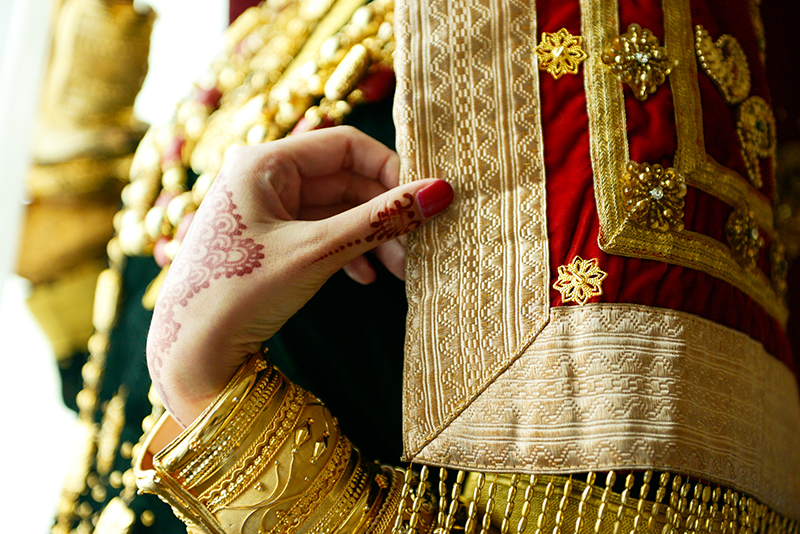
Indonesian Wedding Ceremonies and Customs

Count yourself fortunate if you've had the opportunity to attend an Indonesian wedding. The fascinating wedding ceremonies and festivities give expatriates a unique opportunity to gain insight into Indonesian culture and social mores.
Given the broad diversity of ethnic groups in Indonesia, it stands to reason that wedding customs will reflect this diversity. Each ethnic group has different wedding dress (batik, traditional textiles, kebaya) and different marriage ceremonies and customs. Within ethnic groups, those of different religious backgrounds will have different practices as well.
As an expatriate living in Indonesia you may on occasion receive a wedding invitation. You may not know how to act, what to bring or what your role as a guest in the wedding should be. We'd like to outline what happens at most weddings in Indonesia to help prepare you. If in doubt, consult colleagues or friends that you know have been invited or ask colleagues or your secretary to determine what appropriate dress and gift would be.
Attendance is Important
A wedding is a very important event in Indonesian culture and is considered the starting point of a new aspect of a person's life, therefore normally everyone wants to help the couple celebrate this occasion. Literally every relative, acquaintance, colleague or business partner could be invited to the wedding. Joining a group of others that are invited, even if you did not receive an invitation personally addressed to you, is normal (as long as it's not a sit down dinner - in which case the number of invitees is clearly stated on the invitation).
Indonesians are truly honored by your attendance at a wedding. Attending shows that you care, that you respect the people involved and your relationship with them, that you honor the family and want to show your support of the newlyweds. Don't question the intent of colleagues or subordinates who, upon short acquaintance, invite you to their daughter's or son's wedding. They really do want you to come!
On the other hand, not responding to the invitation, or not attending a wedding that a close colleague has invited you to can cause a significant insult and slight to the giver, which can cause problems in your relationship in the future. Having said that, you are not obligated to attend every wedding that you receive an invitation for. Although people that you do not have a close relationship with may give you an invitation, it is understandable if you send regrets for not being able to attend.
The Invitation
Wedding invitations in Jakarta and other urban centers can be very extravagant. The date on the outside of the envelope is very practical if you receive many wedding invitations. In rural areas, the invitation is done via visits from the family to neighbors and friends.
On the invitation will be noted the date, time and place for the Akad Nikah, which is the actual wedding ceremony, as well as the Resepsi Pernikahan, which is the wedding reception. Even though both ceremonies are noted on the invitation, the majority of people will only attend the reception.
If you would like to attend the wedding ceremony, as this is when most of the cultural ceremonies take place, be sure to ask the person who gave you the invitation if this would be okay. They will probably say yes, but it's best to clear it first as usually a much smaller crowd or just close family members are expected to witness the actual exchange of marriage vows.
Appropriate Dress
For women, nice dresses, much as you would wear to a wedding at home. For men, a business suit or a long-sleeved batik shirt with slacks.
It would be appropriate to wear a long sleeved dress to a Muslim wedding reception. It is not necessary for an expatriate woman to cover her head, though many of the Indonesian attendees may do so.
Indonesian Ethnic Weddings
The primary differences between wedding receptions of different ethnic groups would be in the style of wedding dress, stage decorations, food served and the dance performance. Besides that, most weddings follow somewhat predictable patterns as described above. More differences would be evident in the traditional wedding ceremonies than in the receptions.
Essentials, Portrait, Event, Wedding,
comments powered by Disqus













